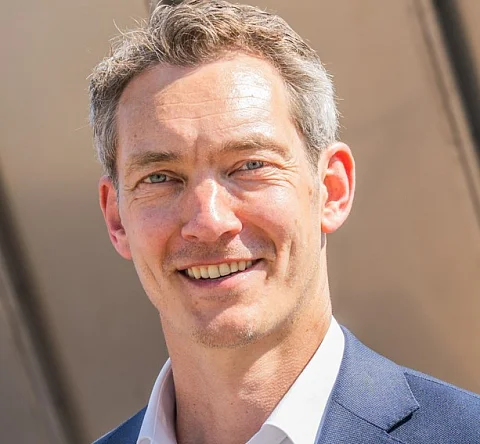Dutch Start-up Recell Turns Unusable Old Paper and Cardboard into Bioplastic Feedstock
19-06-2024
In Europe, 20 million tons of non-recyclable paper and cardboard are incinerated annually. The Dutch company Recell is pioneering an alternative by converting these materials into sugars for bioplastics, promoting greener chemistry. Following the success of its demonstration facility in the Netherlands, Recell plans to construct a new factory, at least ten times larger.
“We are developing a new feedstock for green chemistry,” explains Erik Pijlman, Recell’s director and founder. The chemical industry aims to transition to green alternatives by 2050, reducing dependency on fossil fuels. Currently, the primary green feedstock, sugars, are derived from crops like sugar beets or cane, which require substantial agricultural space and compete with food production. “That’s a pressing issue for some stakeholders. We provide an alternative by sourcing sugars from cellulose waste streams, avoiding ethical concerns,” says Pijlman.
Extracting Sugar from Waste
Instead of relying on raw biomass, Recell processes cellulose fibers from waste streams that would otherwise be incinerated, such as paper, cardboard, and even wastewater-purified toilet paper. This waste, though processed, is unsuitable for recycling. By converting it into glucose, Recell supplies bioplastic producers with an alternative to fossil fuels.
Expansion to the UK
Founded in 2015, Recell opened its first demo plant in Leek last year, capable of producing 100 tons of glucose annually for bioplastics. That facility has since moved to the UK, where demand for green chemistry and waste utilization is also rising.
Scaling Up Gradually
Recell plans to build a plant in the Netherlands with a 50,000-ton annual glucose capacity. However, the market isn’t yet ready for such volumes, requiring Recell to scale incrementally. “The circular economy needs collaborative, step-by-step scaling,” Pijlman notes.
Flagship Factory ‘Cellforce’
Instead of the 50,000-ton facility, Recell will first establish a production system capable of generating at least 1,000 tons of DE95-standardized glucose annually. “With this sugar, we can produce bioplastics like PLA, PHA, and Bio PE,” says Pijlman. Named “Cellforce,” the plant will serve as Recell’s flagship facility.
Green Chemistry Accelerator
Recell recently participated in the Green Chemistry Accelerator (GCA) program by Groene Chemie Nieuwe Economie (GCNE), aiming for a circular, fossil-free chemical industry by 2050. This program, alongside Invest-NL and regional development agencies, helps start-ups like Recell scale up. Through GCA, Recell expanded its network and refined its growth strategy.
Operation Within Two Years
Recell aims to have the Cellforce facility operational within two years, with discussions already underway with buyers. “The chemical industry’s demand is immense,” notes Pijlman.
Funding Through BioBased Circular
The Cellforce plant will require significant investment, some of which Recell hopes to obtain from BioBased Circular, a GCNE and Topsector Agri & Food initiative backed by €338 million from the National Growth Fund. “We meet the eligibility criteria and will apply for funding to advance toward a fully green chemical industry,” says Pijlman.
This article also appeared on Change Inc., by editor André Oerlemans, as part of a series on Green Chemistry, New Economy.

